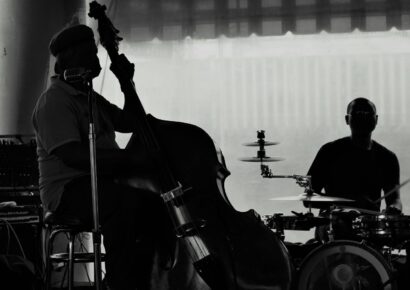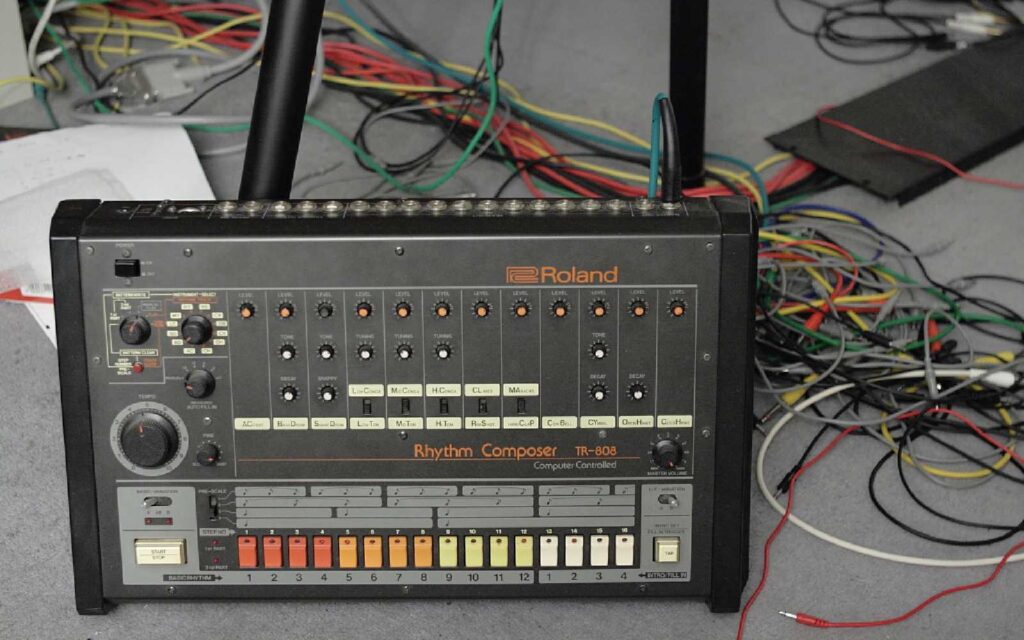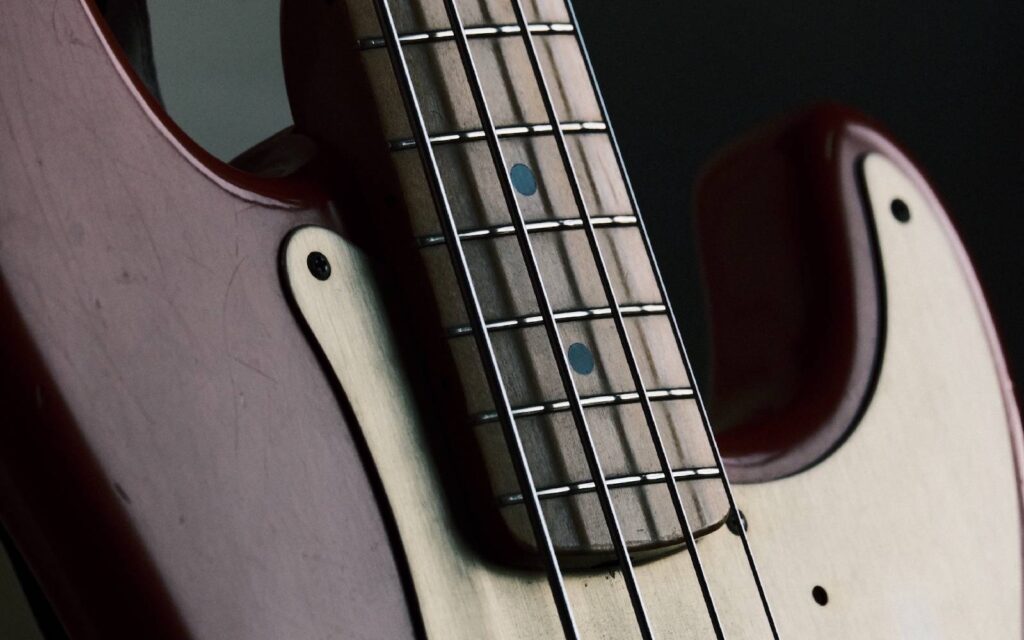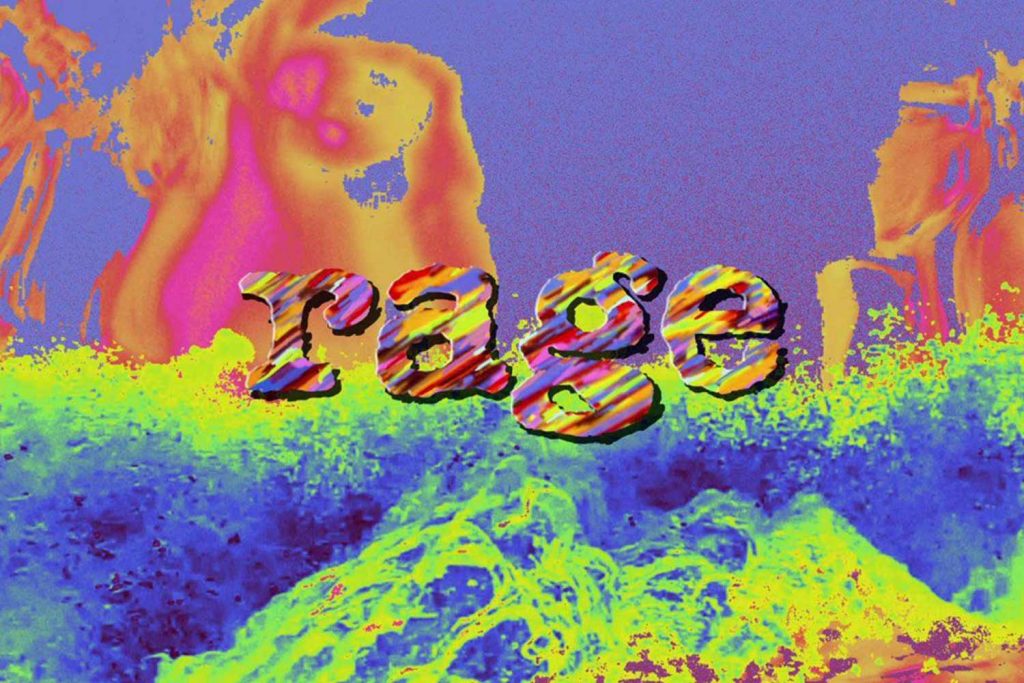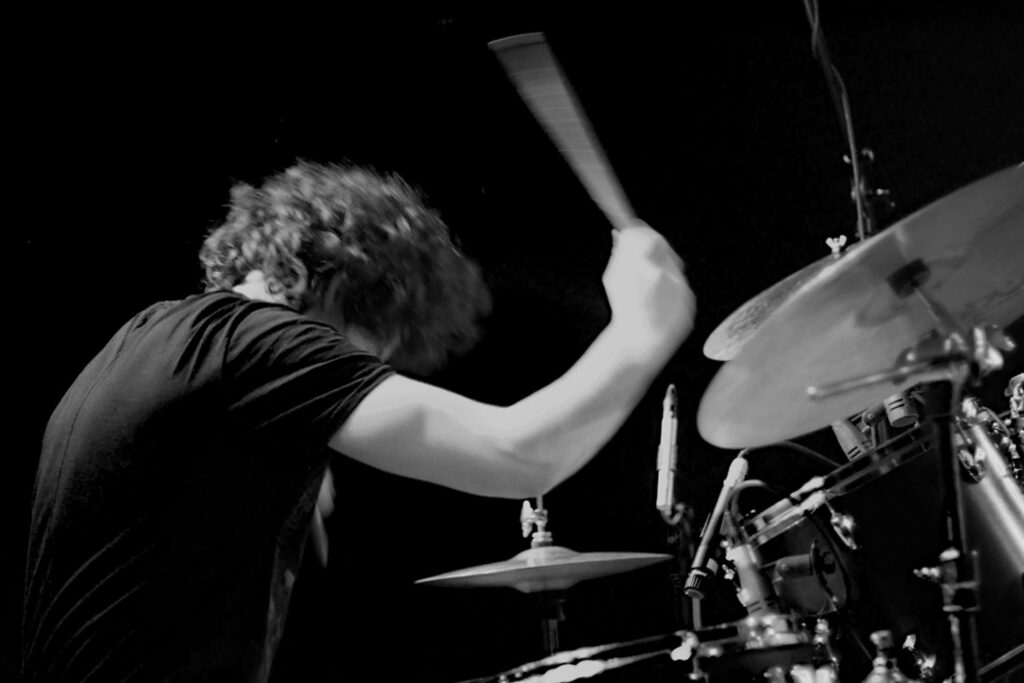Miami Horror have been reinventing Australian dance music for years now, having burst onto the scene in 2010 with Illumination.
Miami Horror take clubby, dance music and add some 80s flair to it, pulling influence from the likes of Prince, New Order and Pink Floyd, their new single “AURORA/DEAD FLOWERS” is no different.
Sonically leading us up the garden path with sparkling synths, sprinkles of foley across the stereo field and angelic vocals beginning the song, it’s a moment of clarity for Miami Horror. It’s the leading single from the forthcoming album We Always Had Tomorrow.
With a few records, dozens of remixes and hundreds of shows under their belt – how do Miami Horror feel in 2024 compared to working on their debut record Illumination?
“This time around was definitely a unique way we came at the album,” begins Benjamin Plant, founder and more member of the group. “We were thinking of it a bit more with the end goal in sight, and working backwards from that.”
Read all the latest features, columns and more here.
“In one way I wanted the end goal to be ‘If I was only making one last album, what would I make?’ because that leads you to making what you find important, rather than just making things in the now.”
Ben explains that they went backwards from an established end goal, deciding on all the themes they wanted to speak to, all the emotions they wanted to cover, and the style of the songs to suit the mood and energy of their decisions.
“And then things like interludes, which were really important on this album to make those themes a little bit more obvious.” he states. “When you do lyrics you’re kinda limited into trying to fit things into rhyme and whatnot.”
Miami Horror created the plan, then worked towards finishing the record. They had the intention of the album being listened to as a body of work, rather than a mash of singles and some filler, We Always Had Tomorrow being complete with interludes and shared themes across the songs.
“I’m yet to see if that was a good way of doing things,” Ben laughs. “We’ll see if it’s paid off or if people even care about that.”
The writing process wasn’t linear, Miami Horror piecing it together as they went. They knew the outcome, they had to find pieces as they went, chasing inspiration as it struck and making it all fit together. Ben describes it as ticking boxes that need to be ticked to fulfil the entire message of the album.
“We really wanted to ram home the idea of memories and memories fading, and that being a part of life.” Ben says with a smile, before continuing. “At one point there were three or four things that said that exact same thing. So as you’re trying to tick these boxes, you can overdo some, so we had to step that back, make sure we didn’t overlap anything.”
In Miami Horror as a general rule, every song is very different, they don’t often have one consistent sound running through the record. This makes songwriting very freeing, but the lack of limitations can create too many options.
“The early versions [of songs] would probably be an instrumental.” Ben clarifies. “Close to what they are finished, but usually the instrumental is made in two days. And then we’ll do one set of vocals with somebody, we won’t like it, we’ll do another set, we’ll like some of it.” he chuckles.
“The vocals are one of the biggest problems, especially when you’re trying to be conceptual, and you already had a plan for the point that you want to make. If you don’t cover that point, you have to go back to the drawing board.”
Ben goes on to explain that this workflow sometimes leads them to overemphasising a point, which again doesn’t nail the feel and vibe of the original plan. Lyrics that are too literal can be just as damaging as waffly, unfocused lyrics.
Ben goes on to explain that it’s really important to stay out of your own way when making music. Early ideas are often associated with your instinct and therefore your voices as a person and creative.
It’s a balance of course, Ben also conceding that sometimes he’ll reach the end of a project and realise that he should’ve gotten in his own way regarding some ideas that made the final record. He explains this with a good natured acknowledgement that it’s still a cohesive piece of work and it’s his own perfectionism clouding his judgement.
“I’ve ended up hating a lot of my own songs that everyone else liked,” Ben says with a grin. “So that’s why I try to not get in my way. Again, it might’ve been a good thing or a bad thing.”
We speak a bit further to retaining the identity of your songs, as it’s very easy to squeeze the life and soul of songs by over analyzing them. Ben explains that on their last record All Possible Futures, he became a bit obsessive about making sure every note was right on the grid, in the pursuit of the perfect sounding record.
He acknowledges that the music of Kaytranada, an artist whose music grooves, shifts and moves is inherently more musical than something that is robotic, gridded and ‘perfect’.
“I think for dance music, having things really tight sometimes can be good, but if you’re trying to make a ‘band’ sounding thing on a computer, and you’re gridding it all out—it loses its feel.”
Benjamin admits he has no thought for the live show while making music, he’s making the best album he can make and he’ll figure out the live show later.
“That also is a little odd, because you can end up going ‘Wait, how are we going to do this live?’” he laughs. “But for me I think it’s all the music and the listening experience and the album is what’s important to me.”
Buy or stream “AURORA/DEAD FLOWERS” here, or keep up with Miami Horror here.

